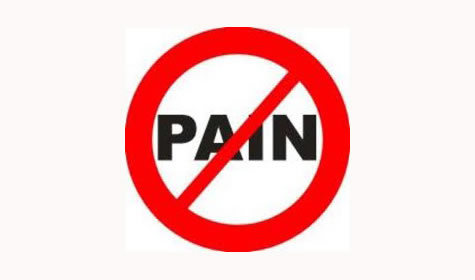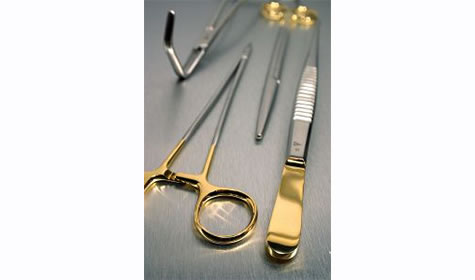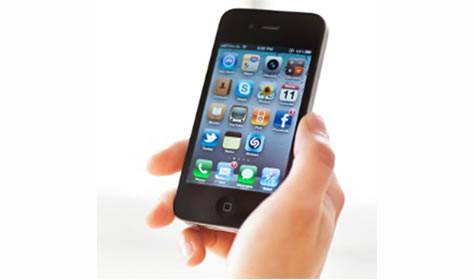NUHS Institutions will NEVER ask you to transfer money or disclose bank details over a call.
If in doubt, call the 24/7 ScamShield helpline at 1799, or visit the ScamShield website at www.scamshield.gov.sg.
"Cancer" was once a taboo word to mention and people used to only discuss it in whispers. Even until today with the advancement in medical technology and drugs, many people still cite the diagnosis of cancer as one of their greatest fears. Many cancer myths and rumours continue to be shared amongst patients and their families. These false beliefs and misinformation cause further anxiety and may hinder the recovery of cancer patients by creating a sense of hopelessness or by enticing them to pursue unproven remedies.
Read on and learn how to differentiate between some of the myths and realities!

The use of sunscreen is a good practice for reducing skin cancer risk. The problem is that it can sometimes give a false sense of security. Sunscreen needs to be reapplied, and even then it still only confers a certain amount of protection. Sunscreen can help prevent skin cancer, but by itself it cannot guarantee that you will not get skin cancer. Visible symptoms of skin cancer don't show up for many years. Sun damage remains in the deeper layers of skin. It is cumulative and can eventually cause cancer.

Many types of cancer cause little or no pain, especially in the early stages. That is why it is important to pay attention to signs and symptoms for early detection of cancer and why regular screenings are recommended for cancers of the cervix, breast, and colon.

Microwave-safe plastic containers and wraps are safe to use in the microwave. However, plastic containers not intended for use in the microwave could melt and potentially leak chemicals into your food. Do avoid microwaving containers that were never intended for the microwave, such as margarine tubs and take-out containers. Check to see that any container you use in the microwave is labeled as microwave-safe.

Specialists performing surgery for cancer know how to safely biopsy samples and to remove tumours without causing the cancer to spread. Surgery is also an important part of the cancer treatment plan in many cases of cancer.

There have not been any studies suggesting a link between cell phone use and brain cancer. More research is on-going, but for now the risk seems minimal.

There has been no direct link between colorectal cancer and the high consumption of red meat. However high consumption of fat does lead to obesity which, along with physical inactivity has been known to increase the risk of cancer.

Most cancer patients are treated on an outpatient basis. A great deal of research has gone into making it easier for people to live more normal lives during their cancer treatment. For example, drugs are now available to help better control nausea. The result is you are often able to work and stay active during your treatment.